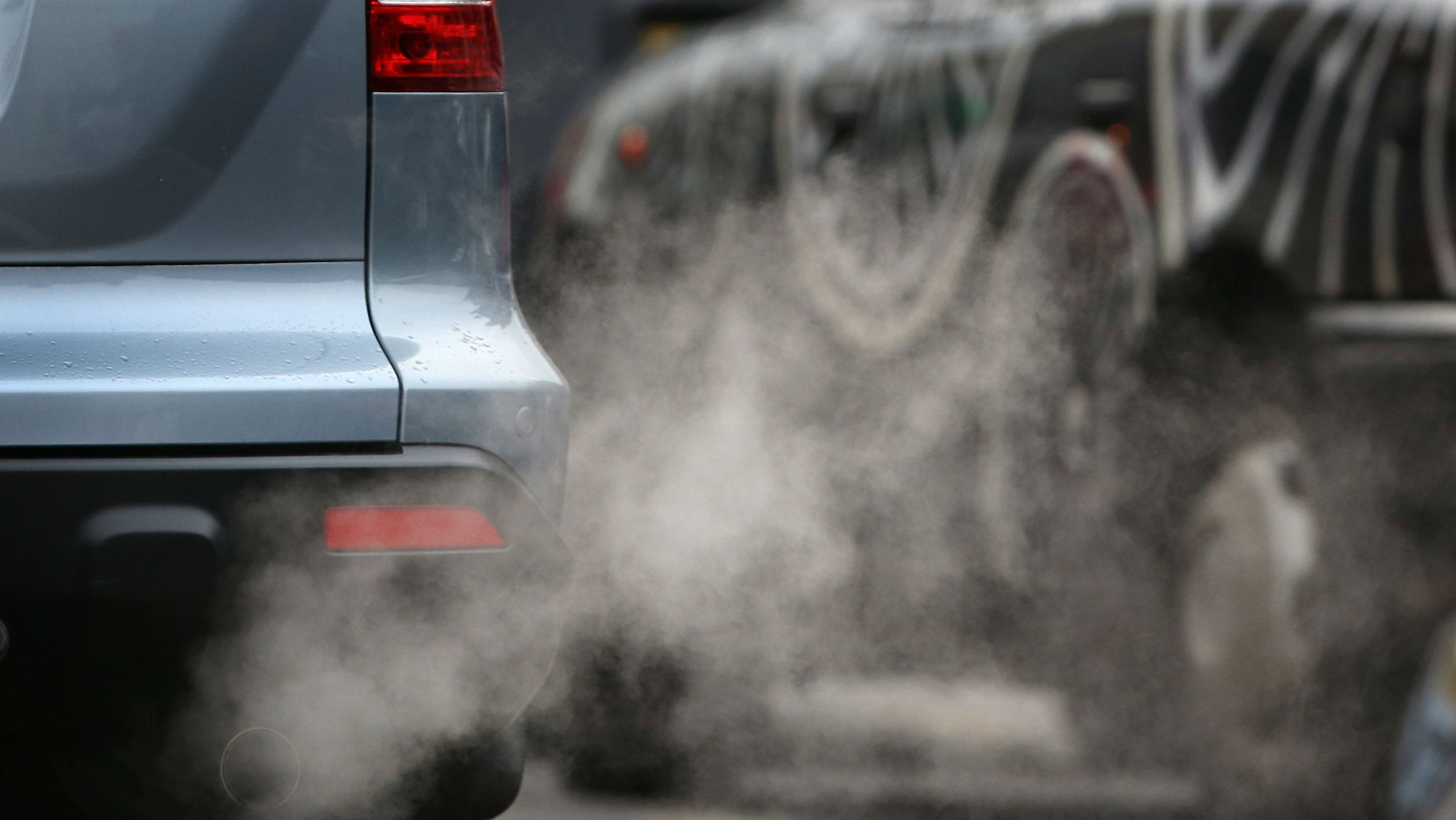Vehicle pollution ‘causes 4m child asthma cases a year’
Report calls for urgent government action to prevent 11,000 new cases a day

A free daily email with the biggest news stories of the day – and the best features from TheWeek.com
You are now subscribed
Your newsletter sign-up was successful
Four million children develop asthma every year as a result of air pollution from cars and trucks, a major new study has found.
The figure equates to 11,000 new cases a day, says the report, which is the first global assessment of the impact of traffic fumes on childhood asthma based on high-resolution pollution data.
A fifth of new childhood asthma cases in Britain are the result of toxic nitrogen dioxide in the air children breathe, rising to a third in London, the researchers found.
The Week
Escape your echo chamber. Get the facts behind the news, plus analysis from multiple perspectives.

Sign up for The Week's Free Newsletters
From our morning news briefing to a weekly Good News Newsletter, get the best of The Week delivered directly to your inbox.
From our morning news briefing to a weekly Good News Newsletter, get the best of The Week delivered directly to your inbox.
Youngsters are particularly vulnerable to toxic air and exposure is also known to leave them with stunted lungs.
“Our findings suggest that millions of new cases of paediatric asthma could be prevented by reducing air pollution,” said Professor Susan Anenberg, at George Washington University in the US.
“Improving access to cleaner forms of transport, like electrified public transport, cycling and walking, would reduce asthma, enhance physical fitness, and cut greenhouse gas emissions,” she added.
Commenting on the research, which he was not part of, Professor Chris Griffiths, at Queen Mary University of London and the co-director of the Asthma UK Centre for Applied Research, said:
A free daily email with the biggest news stories of the day – and the best features from TheWeek.com
“This landmark study shows the massive global burden of asthma in children caused by traffic pollution.”
He added: “Governments must act now to protect children.”
Penny Woods, chief executive of the British Lung Foundation, said: “We used to think the only real danger roads posed to children was the threat of a car accident. However now we can see there’s an equally deadly risk: breathing in air pollution.”
Among the 194 nations analysed, Canada has the third highest rate of new traffic-related asthma cases, while Los Angeles and New York City feature in the top 10 worst cities out of 125 studied. Lima in Peru has the highest city rate of new childhood asthma cases due to traffic pollution.
The researchers combined detailed NO2 pollution data with asthma incidence rates and population numbers to come to their conclusions